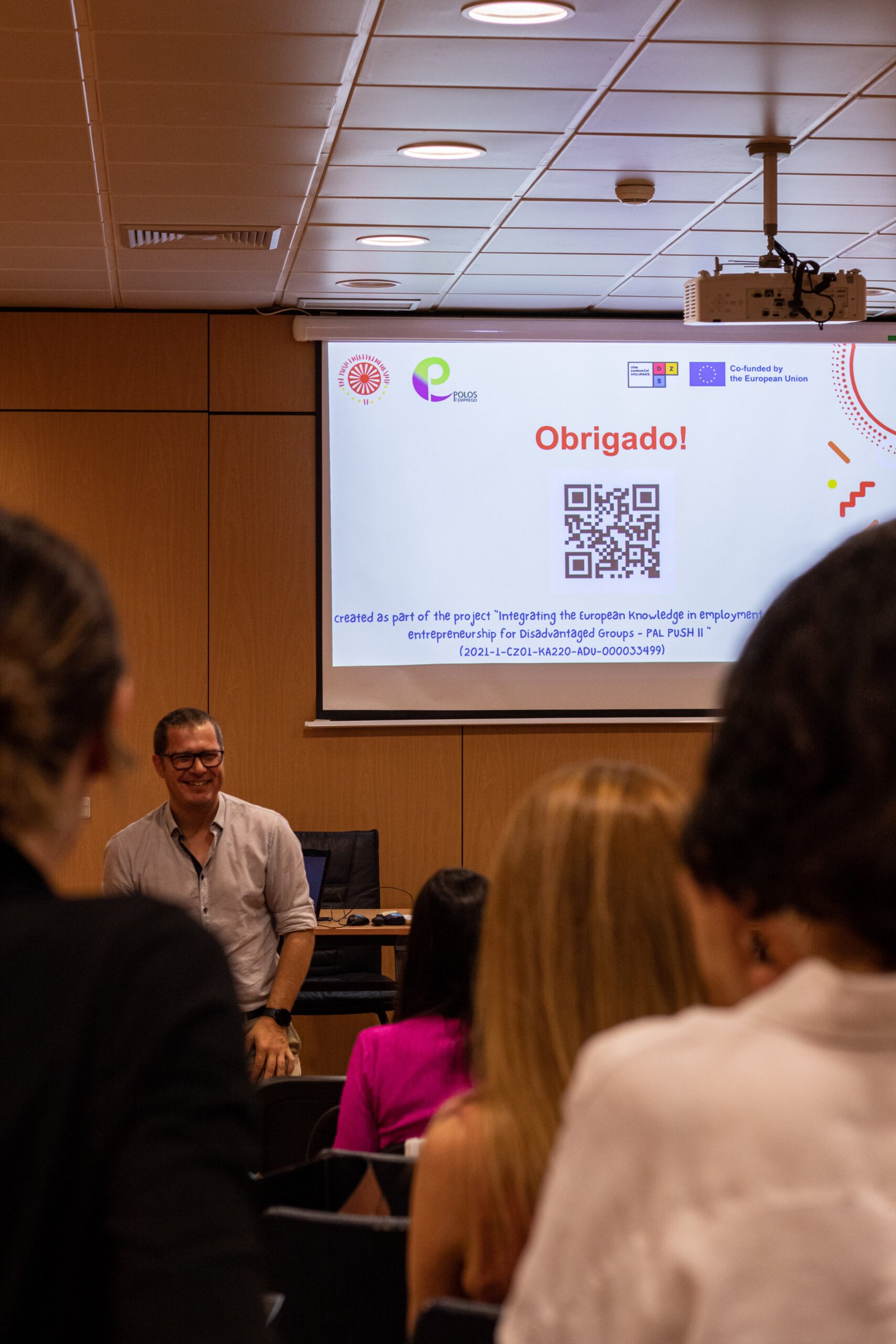Improving the educational situation of different social inclusion groups is a key test of the EU’s willingness to make progress in integrating both socially and economically marginalized groups.
Apart from this, being qualified for a job requires several soft skills, digital skills, etc., and especially in the COVID-19 era, where almost everything turned digital, new priorities have occurred in the labour market.

Inclusive employment refers to individuals with disabilities working alongside their peers without disabilities in the competitive labour market (with access to the same benefits and career opportunities).
People in inclusion situations are particularly vulnerable to unemployment and poverty.
The minority that is in work are often under-employed or relegated to jobs which are badly paid, offering little or no legal or social safeguards and requiring few qualifications.
This, in turn, affects the self-confidence of people who may become demoralized or even give up their jobs.
And yet disadvantaged groups such as women, seniors, unemployed, migrants and Romani need to work in order to earn a living, to support their families, obtain the recognition of their communities and improve their self-esteem.
This project result is aimed at supporting people in achieving basic computer skills, digital literacy and social media presence.
Furthermore, advice will be given on finding jobs online and on succeeding at interviews, through online training with a user-friendly interface and information.
Therefore, an important role in the local training will be given to the preparation of CV, motivation letter and job interview. Additionally, emphasis will be given to soft skills such as communication skills, planning and listening. The process of training of disadvantaged groups is going to be based on the training curriculum, certified and approved in PR1.
The piloting of this training will be made using the physical environment for half the duration and the digital environment for the other half in order to ensure the use of digital skills.
The training will have 40 hours duration, separated into 10 modules and presented local language with about 30 participants locally.
Learners: people from disadvantaged groups that are searching for jobs and need upskilling and additional support.
Each organization will assign trainers to participate in the process, who are going to participate in digital training of trainers’ sessions with 10 hours duration (2 days) when they will be introduced to the methodology of inclusive employment and the topics developed.
All local training in achieving basic computer skills, digital literacy and social media presence but also CV, motivation letter, and job interview will be implemented with the participation of 210 participants overall.


